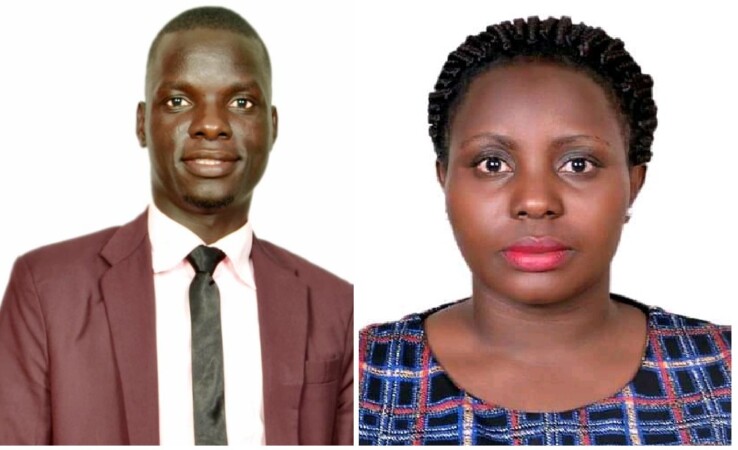Globally, a large percentage of women and girls receive medical and surgical care in the hands of men. These cares are provided to these women by various healthcare providers such as; sonographers, medical officers, physiotherapists, clinical officers, Orthopedic surgeons, obstetricians & gynecologists, physicians and surgeons among others. All these care expose the women’s privacy to the male health care providers.
Just as with the above mentioned care providers, women also receive care in the hands of men who work as midwives. These midwives participate in many activities such as providing antenatal and postnatal care, monitoring mothers during labour and conducting normal deliveries, providing care for the newborn, providing family planning services, providing immunization and counseling services, conducting health education talks throughout the continuum of care, providing post abortion care (PAC) and detecting any deviations and complications in a mother and other emergencies, then provide management or refer among many other roles.
On the 26th October 2021, the Ministry of Health Uganda released a signed letter by the permanent secretary to the Town Clerks, Municipal Town Clerks and Chief Administrative Officers instructing them to stop recruiting male comprehensive nurses as midwives. Whereas it’s true that a comprehensive nurse regardless of sex cannot be employed as a midwife unless they are registered and licensed by the Uganda Nurses and Midwives council (UNMC) as midwives, we are still wondering why the emphasis and bias was on the male gender. On the other hand, a comprehensive nurse is trained and eligible to work as a nurse in any health department including medical, surgical, pediatrics, obstetrics & gynaecology among others.
The letter further went ahead to prevent any further recruitment of comprehensive nurses at both certificate and diploma levels in the healthcare system of Uganda. This is not only a threat to the male comprehensive nurses but also poses a big threat to the male graduate midwives of Uganda trained at various universities. Available evidence shows that male midwives are making a positive impact in the reproductive maternal newborn child and adolescent healthcare sector.
Notably, in 2016, Nottingham-based Josh Downey, a male midwife, was named the best midwife of the year. This was a step forward not only for Josh as an individual but for the midwifery profession and males practicing midwifery. We are all too familiar with sexism towards women in the workplace, and unequal opportunities for females, but little has been spoken of attitudes to men in traditionally female-dominated professions. In fact, despite the Sex Discrimination Act of 1975 which finally allowed men to train as midwives, to a large extent, men working in midwifery is still a taboo in some countries globally.
The Royal college of Midwives noted that, some women preferred the care of a male midwife, and at least 10% of women actually requested for a male midwife. This later made it clear that male midwives had a role to play in midwifery and are a valuable asset to the profession. This is why the Royal College of Midwives recommended that midwifery should be open to men as well.
In Uganda, historically and currently, males are not eligible for entry into any certificate or diploma course in midwifery in the nursing and midwifery training institutions. However, at higher levels of training, males are eligible and trained in midwifery at bachelors and master’s levels. These universities include Lira university with 4-year Bachelor of science in Midwifery and Makerere University with 2-year Master in Nursing (Midwifery & Women’s’ Health). There are many more other emerging universities in Uganda already establishing a bachelors and masters in midwifery, which will be open to both males and females.
In conclusion, Midwifery is a profession with ancient roots, but has evolved considerably over time. The face of midwifery will continue to change in the future. As we have described, male midwives are making a positive impact on childbearing families every day. Men bring their own unique history and perspective to the child-bearing family. The midwifery community will be a stronger one when all voices, including those of men, are heard.
We, therefore, recommend for equal opportunities for males in the midwifery training and employment just like it is for females. We also emphasize that midwifery is a profession based on knowledge, skills, and competencies without any bias on gender.
The authors are; Oyaro Godfrey a volunteer working with Lugazi School of Nursing and Midwifery and Lilian Nuwabaine Luyima is a BSc Nurse & MSN-Midwife & Women’s’ Health Specialist and Heroes in Health Award Winner-Midwife of the year 2021
If you would like your article/opinion to be published on Uganda’s most authoritative news platform, send your submission on: [email protected]. You can also follow DailyExpress on WhatsApp and on Twitter (X) for realtime updates.



